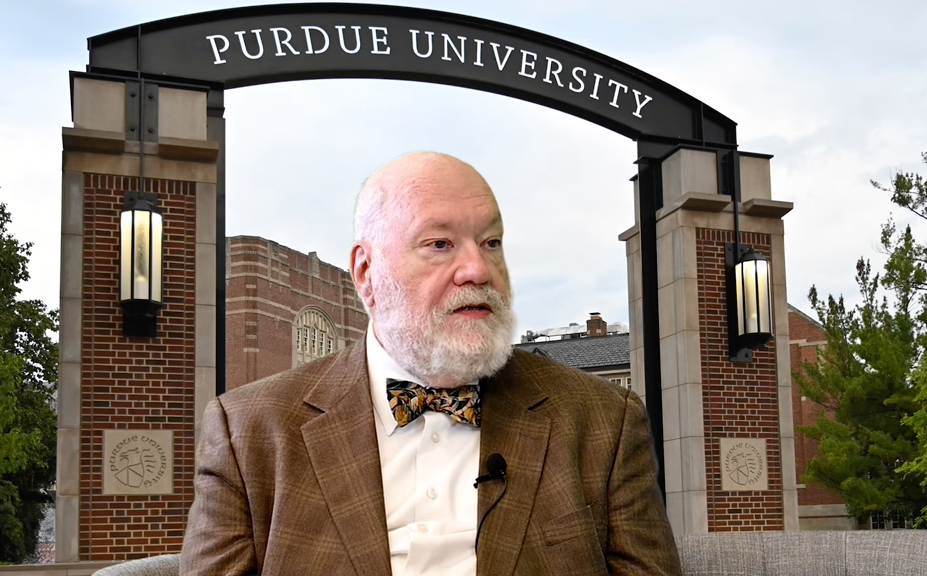The Center for Education and Research in Information Assurance and Security (CERIAS)
The Center for Education and Research inInformation Assurance and Security (CERIAS)
 Considering a Career in Cybersecurity?
Considering a Career in Cybersecurity?
In an era of increasing cyber threats, Eugene H. Spafford forges our future in the area of cybersecurity. Dr. Spafford is a Professor of Computer Science in Purdue University’s College of Science. He explains ethical hacking, social engineering, and the role of cybersecurity professionals in our lives.
 Elisa Bertino receives the inaugural Elena Lucrezia Cornaro Piscopia International Award
Elisa Bertino receives the inaugural Elena Lucrezia Cornaro Piscopia International Award
Named after the first woman to receive a doctoral degree in Padua and in the modern world (1678), the award celebrates the contribution of women scientists and scholars to research, innovation, and the development and dissemination of an increasingly equal scientific culture.
This July, the National Science Foundation (NSF) awarded Purdue Polytechnic’s Wenhai Sun with a five-year grant of $500,000. Sun, an assistant professor in computer and information technology, received NSF’s CAREER award for promising early-career faculty for his proposal to develop machine intelligence-powered privacy protection technology with implications for end users and online service providers.
 Taram wins ACM SIGMICRO Dissertation Award
Taram wins ACM SIGMICRO Dissertation Award
Congratulations to Assistant Professor Mohammadkazem Taram at Purdue University, Department of Computer Science for winning the 2023 ACM SIGMICRO Dissertation Award.